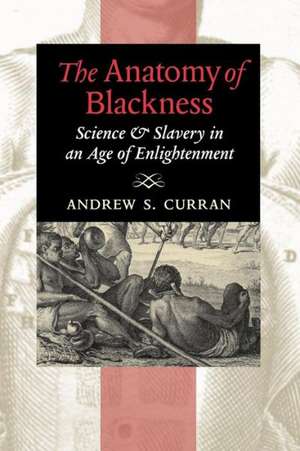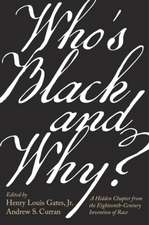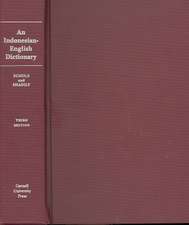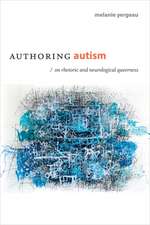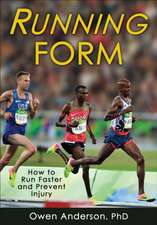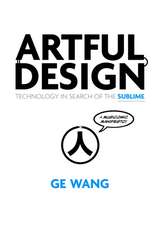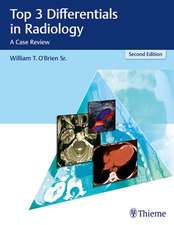The Anatomy of Blackness – Science and Slavery in an Age of Enlightenment
Autor Andrew S. Curranen Limba Engleză Paperback – 18 apr 2013
Preț: 266.52 lei
Nou
Puncte Express: 400
Preț estimativ în valută:
50.100€ • 53.36$ • 42.36£
50.100€ • 53.36$ • 42.36£
Carte tipărită la comandă
Livrare economică 02-16 aprilie
Preluare comenzi: 021 569.72.76
Specificații
ISBN-13: 9781421409658
ISBN-10: 1421409658
Pagini: 328
Ilustrații: 29 black & white illustrations
Dimensiuni: 188 x 227 x 20 mm
Greutate: 0.5 kg
Editura: Johns Hopkins University Press
ISBN-10: 1421409658
Pagini: 328
Ilustrații: 29 black & white illustrations
Dimensiuni: 188 x 227 x 20 mm
Greutate: 0.5 kg
Editura: Johns Hopkins University Press
Descriere
Penetrating and comprehensive, The Anatomy of Blackness shows that, far from being a monolithic idea, eighteenth-century Africanist discourse emerged out of a vigorous, varied dialogue that involved missionaries, slavers, colonists, naturalists, anatomists, philosophers, and Africans themselves.
